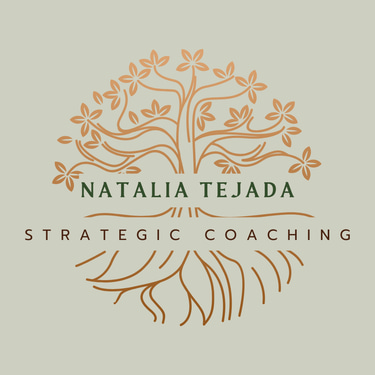What is Strategic Coaching?
A strategic approach to coaching means guiding individuals and groups to reach meaningful goals effectively and efficiently. What makes this methodology “strategic” is that it is grounded in evidence-based models from communication studies and psychotherapy—originating in the Palo Alto School and further developed by Giorgio Nardone at the Centro di Terapia Strategica in Arezzo, Italy, with whom I trained. My work today integrates those foundations into Strategic Life Coaching.
At the heart of Strategic Coaching is the belief that change is not optional—it is a constant part of life. As the saying goes, “If you are not moving forward, you are moving backward.” We are always evolving, adapting to new circumstances in our lives, careers, and relationships. Yet even when change is desired—or necessary—we often resist it. Growth pulls us beyond our comfort zones, and it is there where we can feel stuck, frustrated, or misaligned with the future we envision. Our own beliefs, fears, habits, or emotional patterns can hold us in place. Strategic Coaching works precisely at this crossroads: understanding resistance to change and transforming it into momentum. My role is to help remove emotional, cognitive, and behavioral roadblocks so individuals can perform at their full potential.
Another key distinction in this approach is that we do not focus on why a problem began. There is a common belief that meaningful change requires going deep into the past to “unravel” our history. While the past can offer context, it might not be the best lever for transformation in Strategic Coaching. Instead, we focus on the present logic of the problem: how it works, how it is maintained, and how we can interrupt its pattern to create real, concrete change.
Strategic Coaching also relies on the intentional use of communication. Through persuasive and analogical language—tools rooted in ancient philosophical traditions and refined in brief strategic therapy—we work with, rather than against, natural resistance. This allows clients not just to think about change, but to experience it, or what we called in the brief strategic model: to have an Emotional Corrective Experience. This concept is at the core of Strategic Coaching, as it refers to the importance of feeling differently, in order to perceive and behave differently, change then occurs as a natural consequence of new ways to feel and perceive the world and our place in it.
If you are interested in learning more about change, I invite you to read my blog: How change works?


